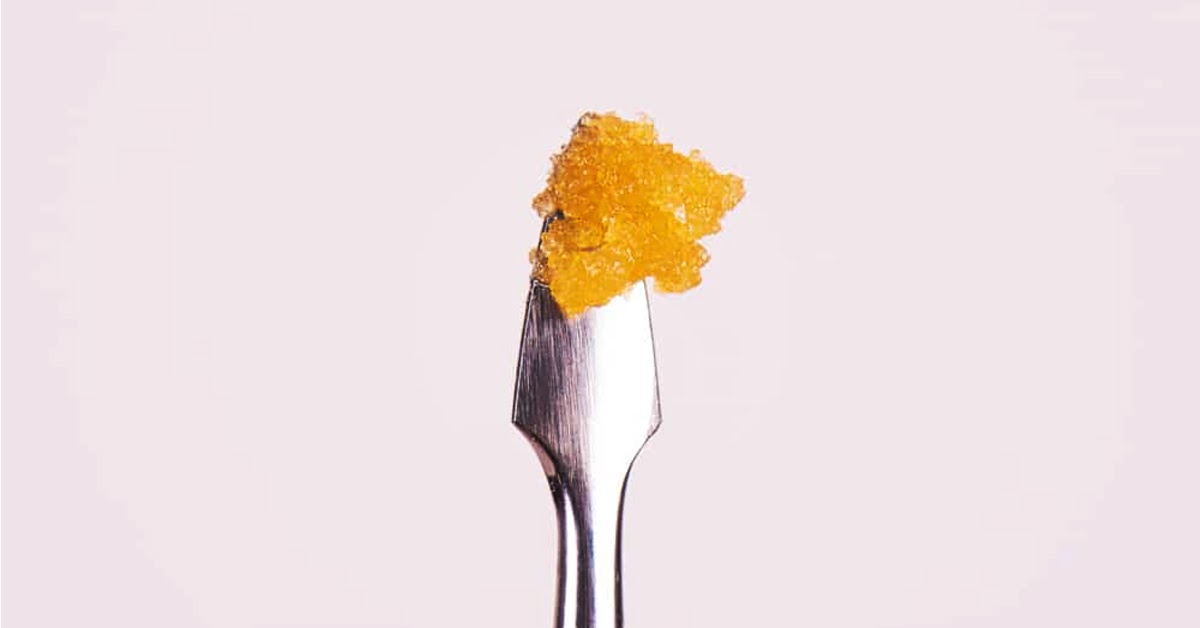We use cookies to make your experience better. To comply with the new e-Privacy directive, we need to ask for your consent to set the cookies. Learn more.
[Review] Weed the People - The New Netflix Documentary on Medical Cannabis
Cannabis, Marijuana, Weed, and many other words synonymous with this field have been shunned in our society for the longest time. Part of this is attributed to the categorisation of Marijuana into the "drugs" category, and parents shudder at the thought of it. In this documentary, the makers explore a completely different perspective.
The documentary starts on a grim note where we see multiple children being the victims of cancer and tumour that refuses to back down. In fact, one of the first dialogues that you hear is that of a mother telling the crew that the doctors doubt their child will ever see her 2nd birthday. It sets the tone for the rest of the documentary where parents are fighting the pharmaceutical way and adopting changing lifestyles for their children.
"When your kid's got cancer," Angela says, "the rule book goes out the window." And that's exactly what this documentary is all about.
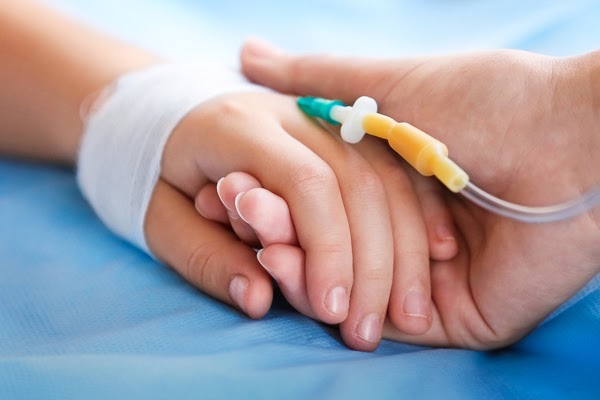
Directed by Abby Epstein and produced by Ricki Lake, Weed the People is a sneak peek into the life of such families that have been suffering due to no negligence or fault of their own. A teenager, an eight-year-old, and even a 9-month-old baby fight the stigmatic system, the unmeasured inconsistency, and the unfairness of the fact that they couldn't access something as natural as a plant. There has been much research on how marijuana helps people suffering. But in these stories, we see not only the side relief, but getting hold of the main culprit.
If you thought you knew cannabis, this documentary is going to give you a whole new glance at the many benefits and the life that may have been lost when it comes to the general treatment. Sophie Ryan, an eight-month-old girl diagnosed with tumour didn't even understand the magnitude of what she was supposed to go through. Eventually, her parents opted out of chemo, which would really take a toll on her fragile body and contacted a dosing specialist. In a matter of time, we see not the only improvement in her energy and capabilities (along with chemo).
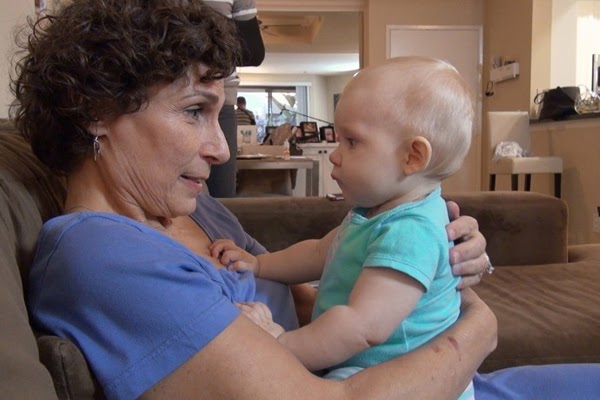
A herbalist reveals that Cannabis or weed was used long before we even came into existence, and can be seen in recipe books which were written in 1805. The sad part of the control of this particular plant does not stem from concern or misuse, but from racism, xenophilia, and Anti-Mexican sentiments. A perspective that stuck with me long after the documentary was that cannabis was used for 3000 years, and it is only in the past 70 years that it has been illegal. We are fighting against 70 years of propaganda!
The documentary revolves around the parents using cannabis oil to see the change they have been hoping for. With an intricate explanation of how cannabinoids communicate and tinker with our endocannabinoid system to make us feel better, you realize that cannabis isn't a miracle, it's plain science. The new perspective, the constant realization, and the wide outlook of weed make you realize how much the stigmatic approach takes away from us.
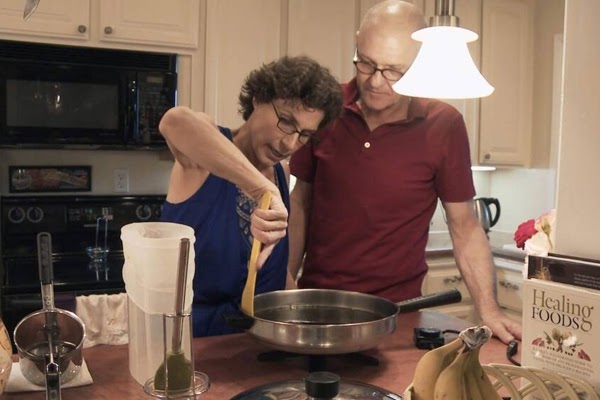
The more you dwell deeper into the documentary, the more you realize how much the information has been distorted and classified to create a certain kind of fear that keeps you in the dark. With only 6% of the research intended for finding the good reasons, the rest 94% works to ensure millions of people who read online that cannabis is bad, and is even categorized as worse than cocaine.
We see mothers being concerned because the unregulated market of cannabis sells them products that they have no idea what it contains. It really does make us wonder if the human right law is so weak and unobserved that people have to fight to death over a plant that should have been legal in the first place. This is a controversy at the cost of our loved ones, and it shouldn't be so!
Once the glaringly obvious truth that the government is blocking the research in the US and being the world power, certainly affecting the mindset all around, the filmmakers proceed to other countries like Spain and Israel. Here, the research is not put behind curtains and is being prescribed by the doctors for patients who really need it.
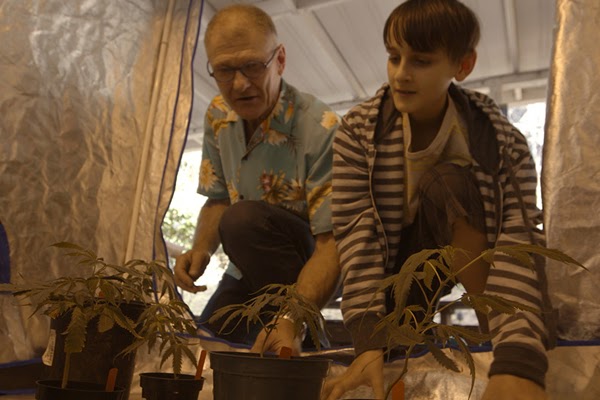
As the documentary progresses, the stories become more personal, and you see tears and happy hugs, and it makes you wonder and get enraged at the little information that we have for the controlled plant. The documentary is brilliantly portrayed with equal parts of actual real-life struggle stories and information around cannabis, making it a very balanced act.
The Los Angeles Times called it "Moving... An urgent cry for help." whereas Bustle claimed that "'Weed The People’ will challenge everything you thought you knew about marijuana.” It is honestly a roller coaster ride, and you end up realizing that amount of casualty that has already happened when people were denied cannabis. And more so, because only a few parents can afford the unregulated plants that no insurance covers.
Some stories inspire while others break your heart, but in the end, you undeniably get more faith in marijuana, and it shifts something in our strict mindset. These are life-saving plants, and they shouldn't be inaccessible to millions of people who are fighting each day with pharmaceutical drugs that aren't doing them any good. In the end, we are left with the thought that consuming marijuana for purposes is not a crime, but keeping it away from people who can genuinely benefit and save their life is a crime. The "Gift of God" is never supposed to be hidden and obscured.


![[Review] Weed the People - The New Netflix Documentary on Medical Cannabis](https://www.olivastu.com/media/magefan_blog/bANNER.jpg)
